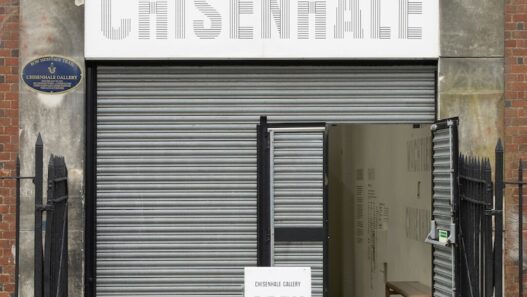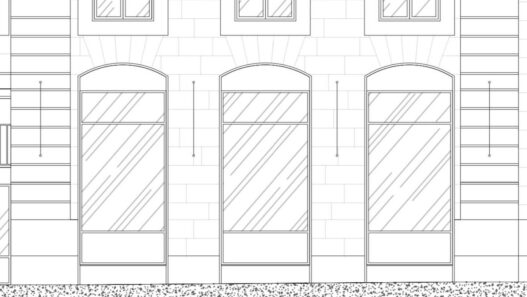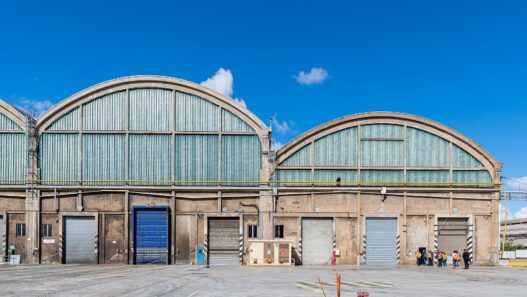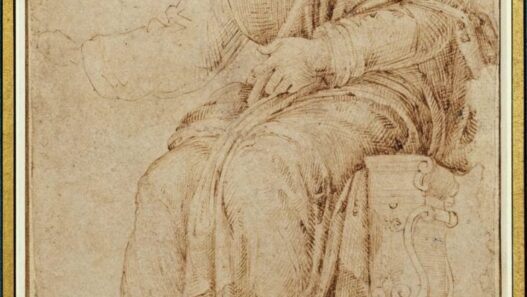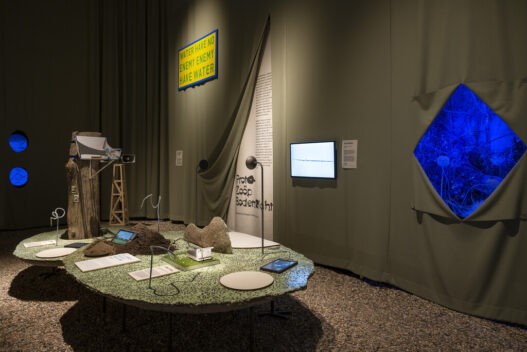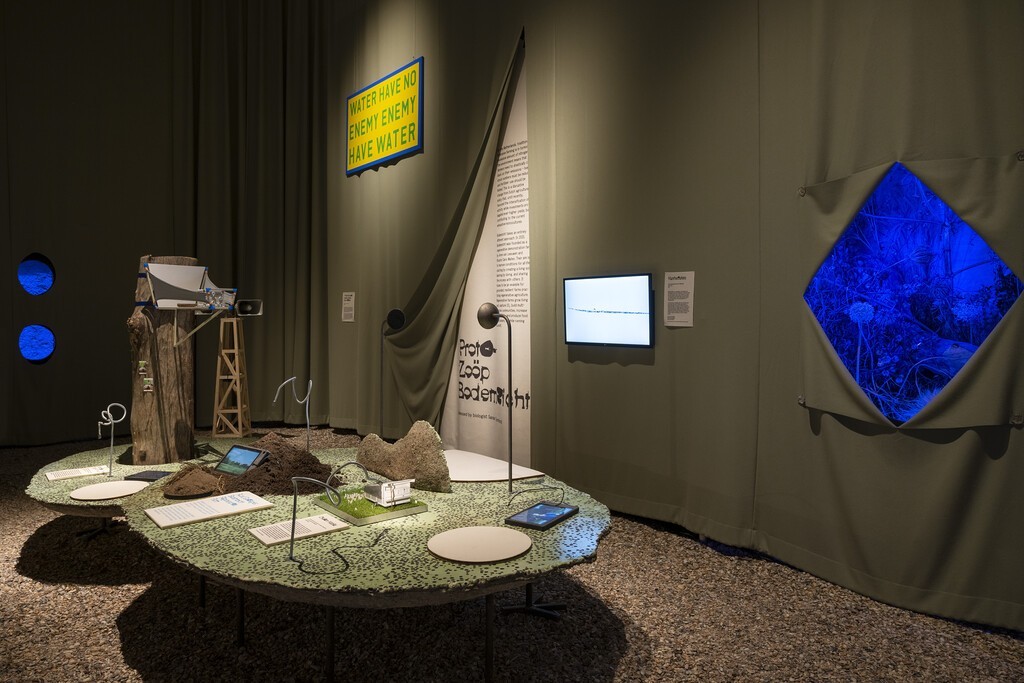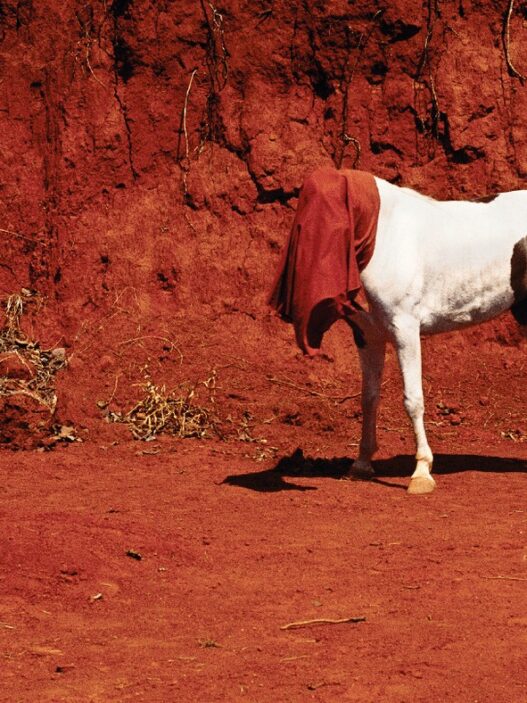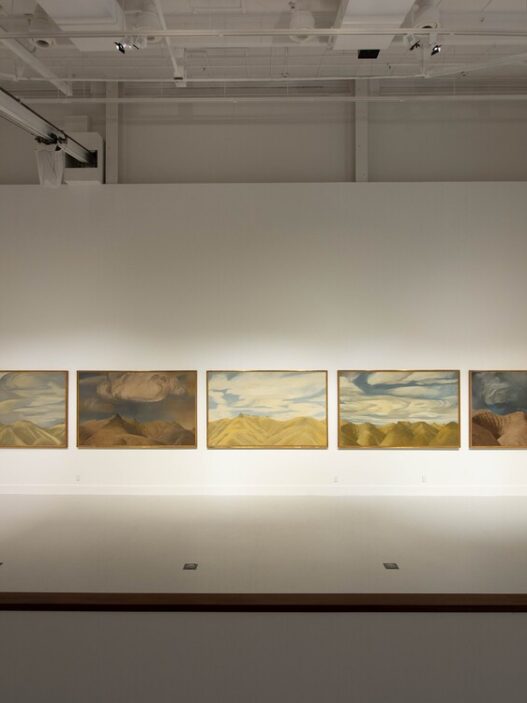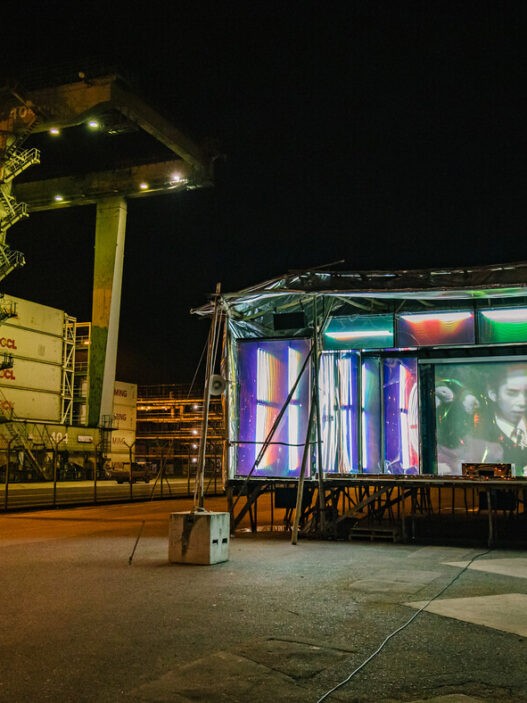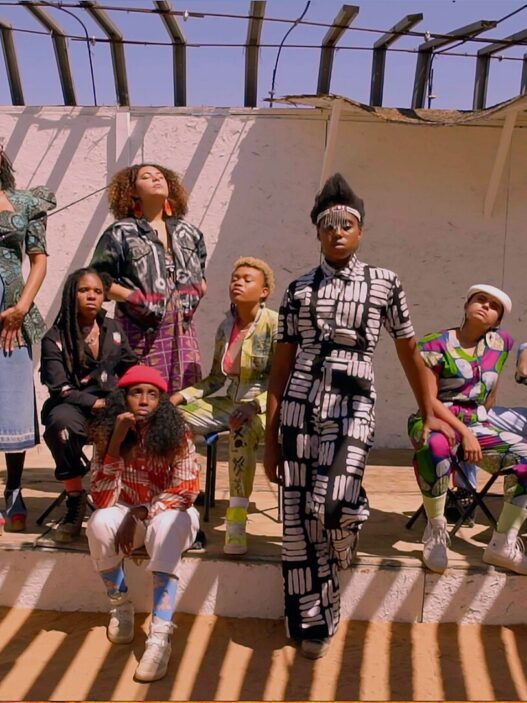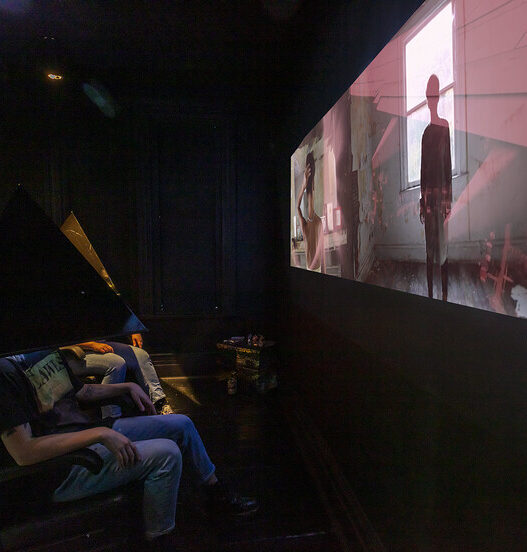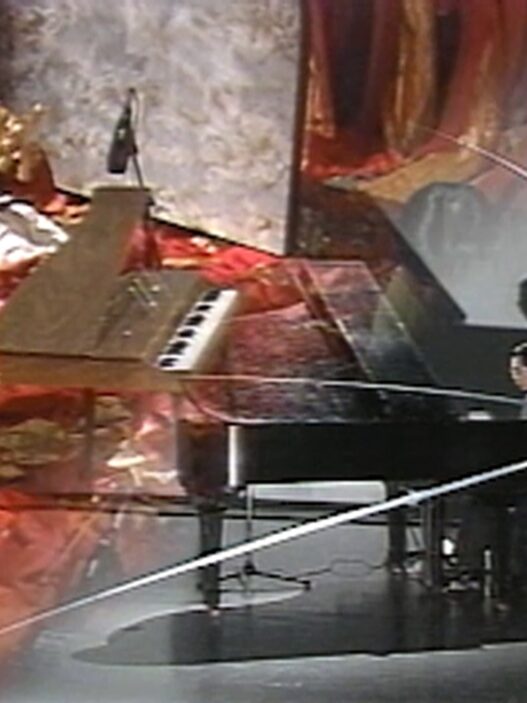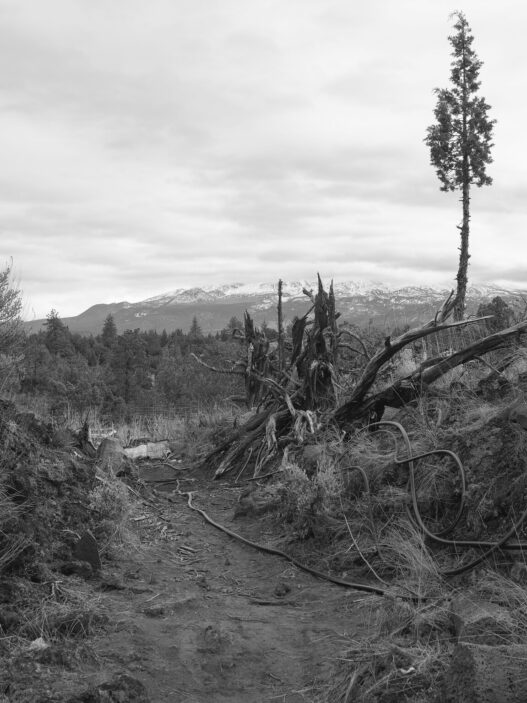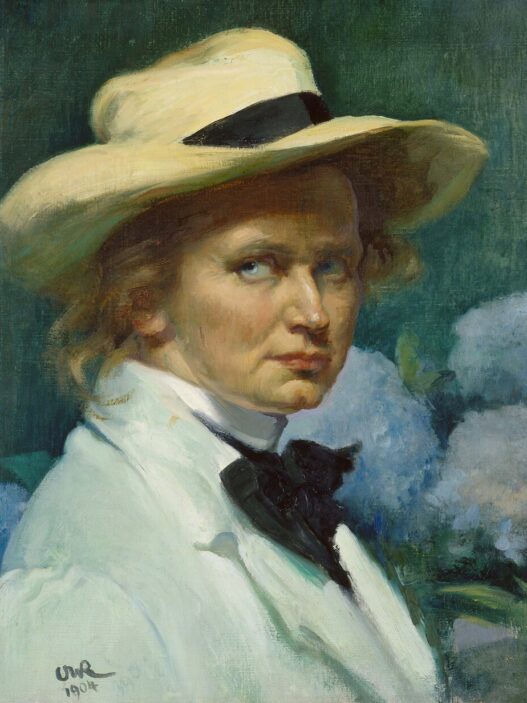Dutch pavilion at the 23rd Triennale Milano International Exhibition; winner of the Golden Bee Award
July 15–December 11, 2022
The Dutch pavilion’s 23rd Triennale Milano International Exhibition Have we met? has officially opened to the public. encouraging innovative approaches to view our planet as a shared habitat for humans, other animals, bacteria, and plants. To address the environmental issues of today, a profound rethinking of the idea that the earth exists primarily for human exploitation is required. Have we met? investigates what behaviors, devices, and technological advancements are required to recalibrate the relationship between humans and non-humans.
These three biologically disparate locations—a Rotterdam urban neighborhood, a regenerative farm in the rural east of the Netherlands, and an abandoned North Sea oil rig—help to examine the potential for interspecies connections. Could these be merged to provide deeper insights into how humans and non-humans can learn to cooperate? While nature studies often rely on quantitative data, human experience is typically analyzed by qualitative techniques.
Have we met? examines a variety of potential collaboration tools created by experts in the fields of art, design, agriculture, data science, and marine sciences. For the regenerative farm Bodemzicht, Harald den Breejen and Sjoerd van Leeuwen created the Chicken Mobile. By readjusting the natural rhythms between grass and grazing animals, the mobile offers a straightforward solution for restoring compacted and deteriorated soil. Borgór, a documentary by Brynjar Sigurarson and Sebastian Ziegler about an Icelandic hermit who spends the winter searching for a bull fish, is also on display. In an effort to discover common ground, the hermit patiently analyzes what might be of interest to the fish.
With contributions from Harald den Breejen and Sjoerd van Leeuwen (in collaboration with regenerative farm Bodemzicht); Dear Hunter; Embassy of the North Sea in collaboration with Darko Lagunas; Joost Emmerik; Christine Hvidt, Philipp Groubnov, Andrzej Konieczny, Alexander Köppel, Leon Lapa Pereira and Vivien Vuong (ArtScience Interfaculty students at the University of the Arts The Hague in collaboration with Rodrigo Delso and Eric Kluitenberg); Keer Hu, Yuzhi Liu and Jiafeng Zhu; Ian Ingram and Theun Karelse, Gisto; Takuma Kikuchi, Lucy Li, Florian Sapp and Alan Schiegl; Fiona Middleton; Ania Molenda; Studio Brynjar and Veronika; Togar; Sander Turnhout; Leena Valkeapää and Oula A Valkeapää.
The installation was created by Studio Ossidiana as a collective organism that serves as an observatory and incorporates elements of people, animals, plants, and minerals. This live creature, which is currently residing at the Triennale site, is open to visitors.
Zoöp
Have we met? built on the Zoöp model created by Het Nieuwe Instituut together. A Zoöp, which stands for “cooperation with all zo” (Greek for “life”), pledges to include non-humans’ concerns in organizational decision-making, with a Speaker for the Living standing in for the interests and voices of non-human life. The Speaker helps the organization become regenerative by serving as an observer, counselor, and teacher. Het Nieuwe Instituut became the first Zoöp on Earth Day 2022.
23rd Triennale Milano
The 23rd International Exhibition is titled Unknown Unknowns: An Introduction to Mysteries and runs from July 15 to December 11, 2022. Through exhibitions, installations, and special projects, it explores “what we don’t know we don’t know.” The Dutch Pavillion has won the Golden Bee Award for this edition in light of this theme. The Triennale gives out the Bee Awards to recognize three worldwide participants based on how precisely they interpreted the theme and how well-developed and timely their ideas were.
Het Nieuwe Instituut
The Dutch Ministry of Education, Culture and Science invited Het Nieuwe Instituut to curate the official Dutch contribution to the 23rd Triennale Milano International Exhibition.
Het Nieuwe Instituut is the Netherlands’ national museum and institute for architecture, design and digital culture, based in Rotterdam. Through its exhibitions, research, and wide-reaching national and international public programmess, the institute engages thinkers, designers, makers and diverse audiences to critically reflect on the urgent issues confronting the past, present and future.
Triennale Milano
Viale Alemagna, 6
20121 Milan
Italy


